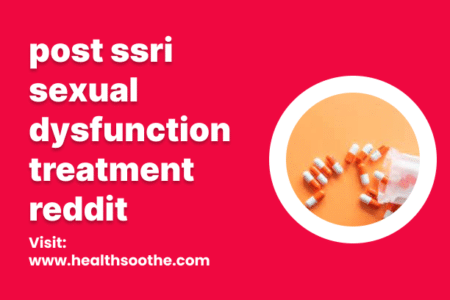Complaints of the digestive system tend to become chronic; so every effort should be put forth to alleviate them as soon as they are noticed.
Indigestion
The latter term covered a multitude of complaints which have been individually defined and diagnosed; so that now we differentiated between specific conditions (like ulcers, cancer, colitis, and disturbances due to mistreatment of the digestive system) and symptoms of general diseases. A discussion of peptic ulcer and cancer will follow, but first let us go into the topic of gastritis, a term which denotes inflammation of the stomach.
What are the Causes of Indigestion?
So gastritis is an inflammation of the stomach. (The Greek word for the belly is gastritis.) Until the gastroscope was invented, this ailment was not considered as a disease in its own right but only an accompaniment of other diseases. But now with this instrument doctors are able to look and see the condition of the walls.
They see swelling of the lining with bleeding here and there, and patches where the cells are, destroyed. Sometimes they see red patches with a center like the pus of a pimple. These are large areas from
1. Faulty Diet can cause Indigestion:
Strong spices are commonly known to be irritating. Mustard, for instance, when put on the skin will cause marked irritation and burning with discomfort. The skin can tolerate
it only about 15 minutes before the blood-vessels become dilated. Pepper is also very irritating.
Chilies burn all the way to the stomach. Such cannot help but do to the lining of the stomach what we know they do to the outside skin. No wonder, then, That the gastroscope reveals hemorrhages, destroyed cells, and areas of redness on the lining of the stomach.
Coffee and tea have also been found to have the same effect as spices and should be avoided on the same basis. They are objectionable also in that they contain caffeine, which acts as a stimulant and cardiac irritant. Very rough foods are irritating to the stomach to be well chewed. In fact, thorough mastication is always important.
2. Alcohol can cause Indigestion:
This is also an adverse effect on the nervous system, it causes redness and hemorrhage in the stomach.
3. Thermal Influences:
Many people like to drink hot tea or coffee. They drink it piping hot. The bad thing about this is that food or drink that is too hot for the mouth is swallowed quickly. After leaving the throat it seeing not to, burn anymore but this relief is only apparent.
It is true that the esophagus and stomach are not sensitive to heat, but the damage to the mucous membrane is just the same as if the food had been kept in the mouth. If food or drink is too, hot to keep in your mouth do not swallow it.
4. Abnormal Distension:
5. Chemical Irritants:
Many people are continually taking aspirin, which has been found to be another cause of gastritis. Ammonium chloride, quinine, and digitalis will have the same effect and should, therefore, be taken only under supervision.
RELATED READING
- The New Health and Longevity by A. C. Selmon a. “The Oriental Watchman Publishing House, 1960“.
- American Gastroenterological Association: “Peptic Ulcer Disease.”
- American College of Gastroenterology: “Peptic Ulcer Disease.”
- Mayo Clinic: “Peptic Ulcer.”
- NHS: “Stomach Ulcer.”
- Merck Manual (Consumer Version): “Helicobacter pylori Infection.”
- CDC: “Helicobacter pylori: Fact sheet for health care providers. (Updated July 1998.)”
- Cedars-Sinai, “Ulcers.”
- National Institute of Diabetes and Digestive and Kidney Diseases: “Treatment for Peptic Ulcers (Stomach Ulcers,” “Zollinger-Ellison Syndrome.”





